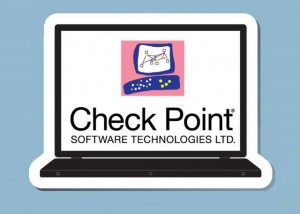1 min read
Check Point Unveils 1st Real-Time Zero-Day Protection For Web Browsers

Check Point Software Technologies Ltd. announced Sand Blast Agent for Browsers with Zero Phishing technology.
Tags:
- check point software blades
- check point software download
- check point software stock
- check point software tech
- check point software technologies (uk) ltd
- check point software technologies headquarters
- Check Point Software Technologies Ltd
- check point software technologies ltd investor relations
- check point software technologies ltd. linkedin
- check point software wiki
- Checkpoint
- checkpoint address
- checkpoint firewall latest version
- checkpoint history
- checkpoint security co
- checkpoint security services
- checkpoint software technologies
- checkpoint technologies
- chek point
- fortinet inc
- Intuit
- technological check point







